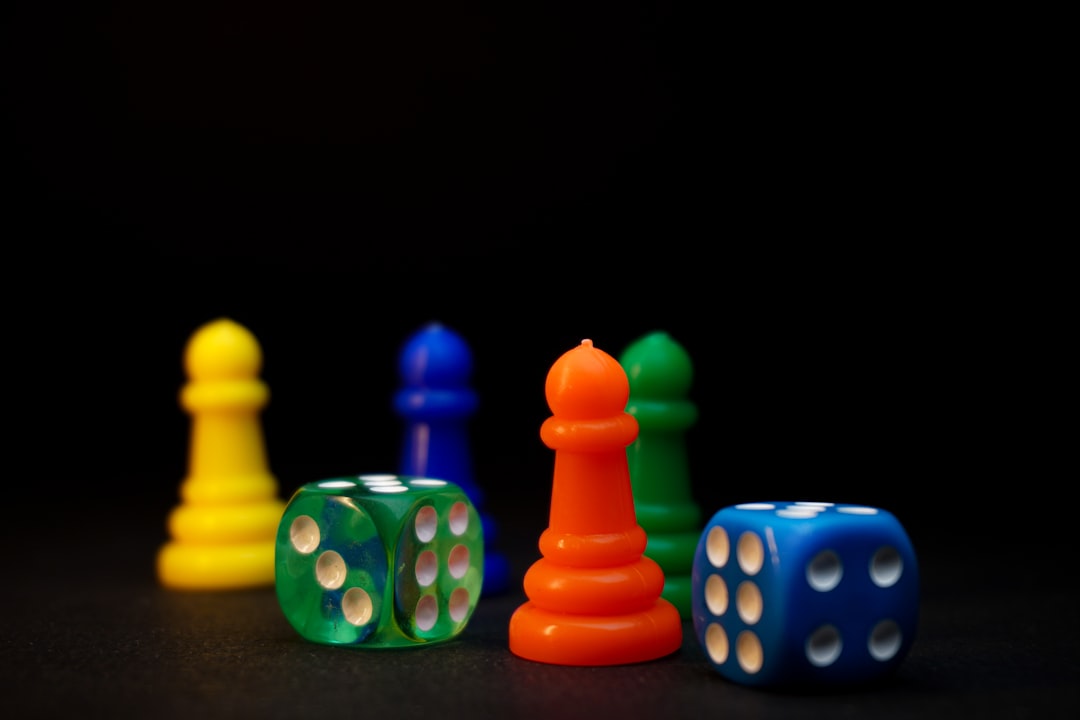We’ve all been there — those times when nothing seems to go right. Whether it’s losing at a game, making bad trades, failing a test, or just having “one of those weeks,” losing streaks can mess with your head. But here’s the good news: you’re not cursed. You’re human. And there are ways to stay smart.
This article breaks down the psychology behind losing streaks. We’ll explore why losing feels worse than it should and how to stay rational when the world seems unfair.
Why Losing Hurts So Bad
Let’s face it: losing stinks. But it stings even more than it logically should. Why?
- Loss Aversion: Psychologists say we feel losses twice as strongly as wins of the same size.
- Pattern-Seeking Brains: Our brains look for patterns — even when they don’t exist. A few losses in a row? Suddenly, it feels like a trend.
- Ego Damage: Losing pokes at our self-esteem. We begin to doubt ourselves.
If you’ve ever lost a few bets and thought, “I should’ve never started,” or failed a test and said, “Maybe I’m just bad at this,” you’ve felt it. That itchy, annoying doubt. It’s normal — but not helpful.

The Slippery Slope of Emotional Thinking
Losing streaks often trigger emotional decisions. Fear, frustration, or desperation override logic and planning.
Here are some traps people fall into:
- Tilt: Borrowed from poker. It means letting emotions drive reckless decisions. “I’ll win it all back with one big move!”
- Confirmation Bias: You start focusing only on evidence that says you’re “unlucky” or “due for a win.”
- Outcome Bias: You judge your decisions by the result, not the logic behind them.
A bad result doesn’t mean a bad decision. And a good result doesn’t mean your plan was smart. Stay focused on why you made the decision in the first place.
Brains Love Control… Even If It’s an Illusion
Feeling out of control is scary. When a streak of losses hits, people reach for anything that feels like control:
- Switching strategies randomly
- Becoming superstitious
- Blaming everything but their own actions
Sometimes, people start believing weird stuff. “I only win when I wear my lucky socks!” Or “The market hates me today.”
These habits trick your brain into feeling safer — but they don’t fix anything.
Control comes from consistency, not luck.
Five Tips to Stay Rational During Losing Streaks
Don’t freak out. This isn’t forever. Use these tips to ride out the storm with your brain intact.
-
Zoom Out
Look at the big picture. A week of losses doesn’t ruin a year of good decisions. -
Track Your Process, Not Just Results
Ask: “Did I stick to my plan?” If yes, that’s a win — even if the outcome was a loss. -
Write it Down
Journaling your decisions and emotions during a streak helps you spot patterns. Rational ones. -
Take Breaks
A walk or a day off isn’t quitting. It’s resetting your brain. -
Don’t Chase
Losing $100? Chasing it with riskier decisions to “win it back” is how people crash. Stick to your original plan.

What Science Says
Studies on behavior show that we’re terrible at handling randomness. Our brains just don’t like uncertainty. Especially if we feel responsible.
In a famous experiment, people played a gambling game using choice and chance. Even when the outcomes were random, people thought their decisions controlled everything. Then, when they lost, they blamed themselves — or invented reasons why their luck had changed.
Sound familiar?
It’s important to recognize that streaks happen randomly. That’s not your fault. It’s part of the game — of life, of business, of poker, of sports. Expecting perfect results every time sets you up for meltdown.
The Bounce-Back Mindset
How do champions deal with losing streaks? They know it’s part of the cycle. It’s just one chapter in a longer story.
Here’s how to build a bounce-back mindset:
- Detach Your Identity: You are not your results. A losing streak doesn’t define you.
- Practice Self-Compassion: Be kind to yourself. Talk like you would to a friend.
- Trust Your System: If your approach is solid, trust it long-term — even through short-term losses.
Think of it like surfing. Sometimes you wipe out. But you don’t quit the ocean. You paddle back out — stronger, smarter, and still soaking wet.
It’s Not Just About Winning
Here’s a mindset shift: It’s not about always winning. It’s about making consistently good decisions.
Imagine flipping a coin. Heads, you win $2. Tails, you lose $1. You could lose five times in a row. Does that make it a bad game?
No. The edge is still in your favor.
Losing doesn’t mean you played wrong. In fact, sometimes the right move leads to a loss — and that’s okay.

Have Fun With the Process
One final secret: if you can learn to enjoy the process, even the losing streaks teach you something cool. They build toughness. Patience. Emotional control.
And when you finally break your losing streak? Oh man, that win feels so good — not because it’s a win, but because you earned it the right way.
You stayed calm. You stayed smart. That’s not just winning. That’s growth.
Final Thoughts
The psychology of losing streaks is sneaky. Our brains panic, our emotions stir, and suddenly we’re making decisions we regret.
But with awareness, strategy, and a little weird human psychology knowledge, you can outsmart the spiral.
Stay rational. Be kind to yourself. And remember: a streak is just a story your brain tells you. You’re the one writing the next chapter.
